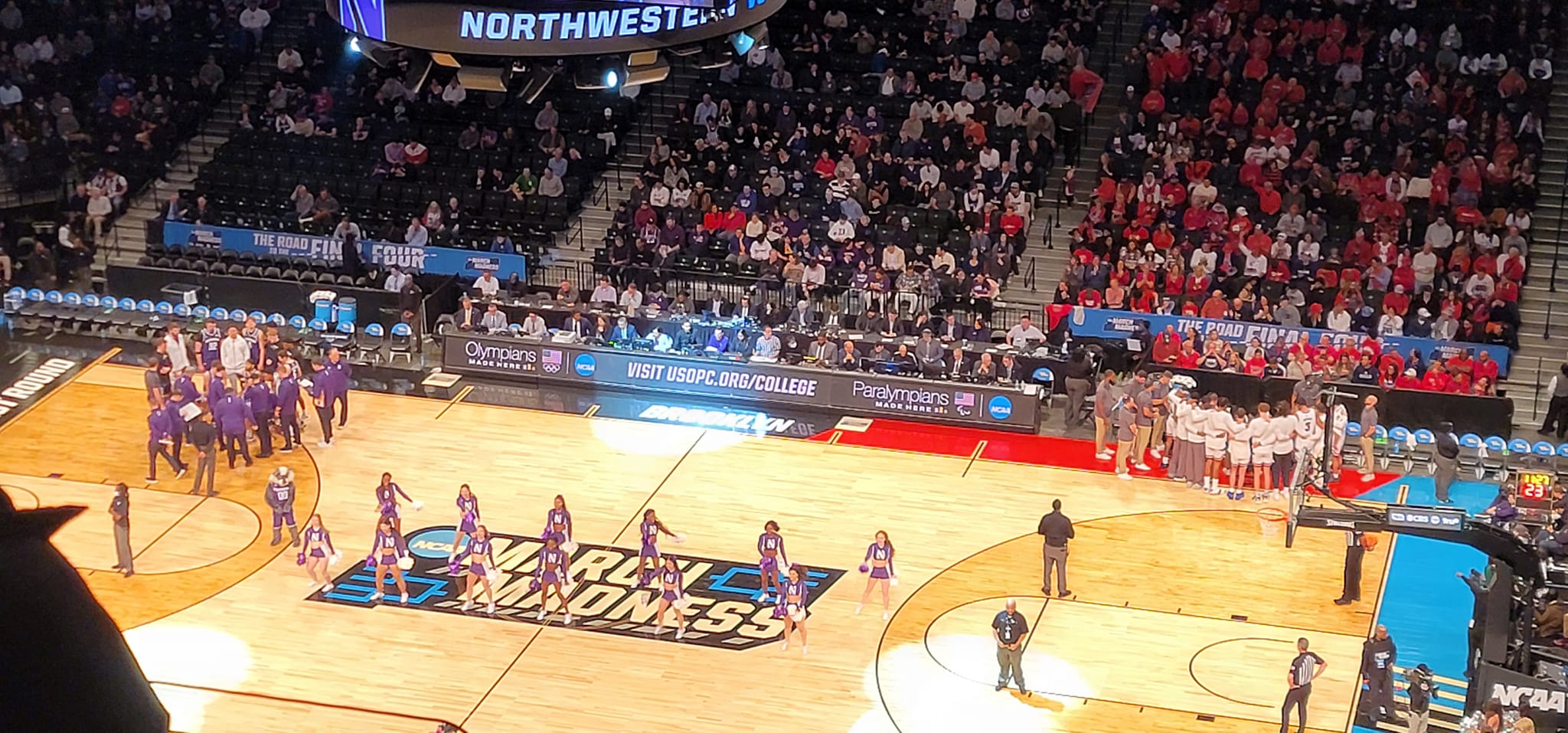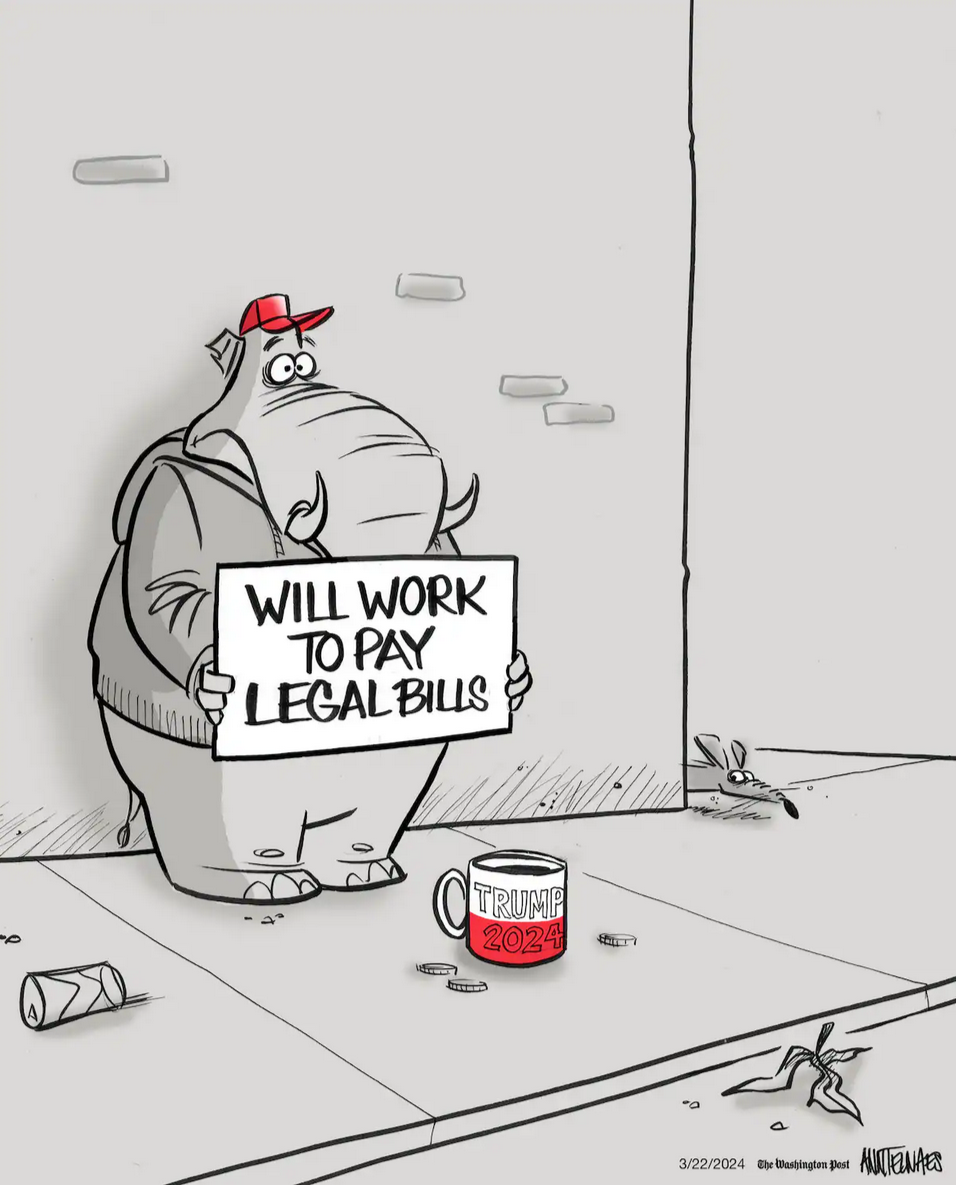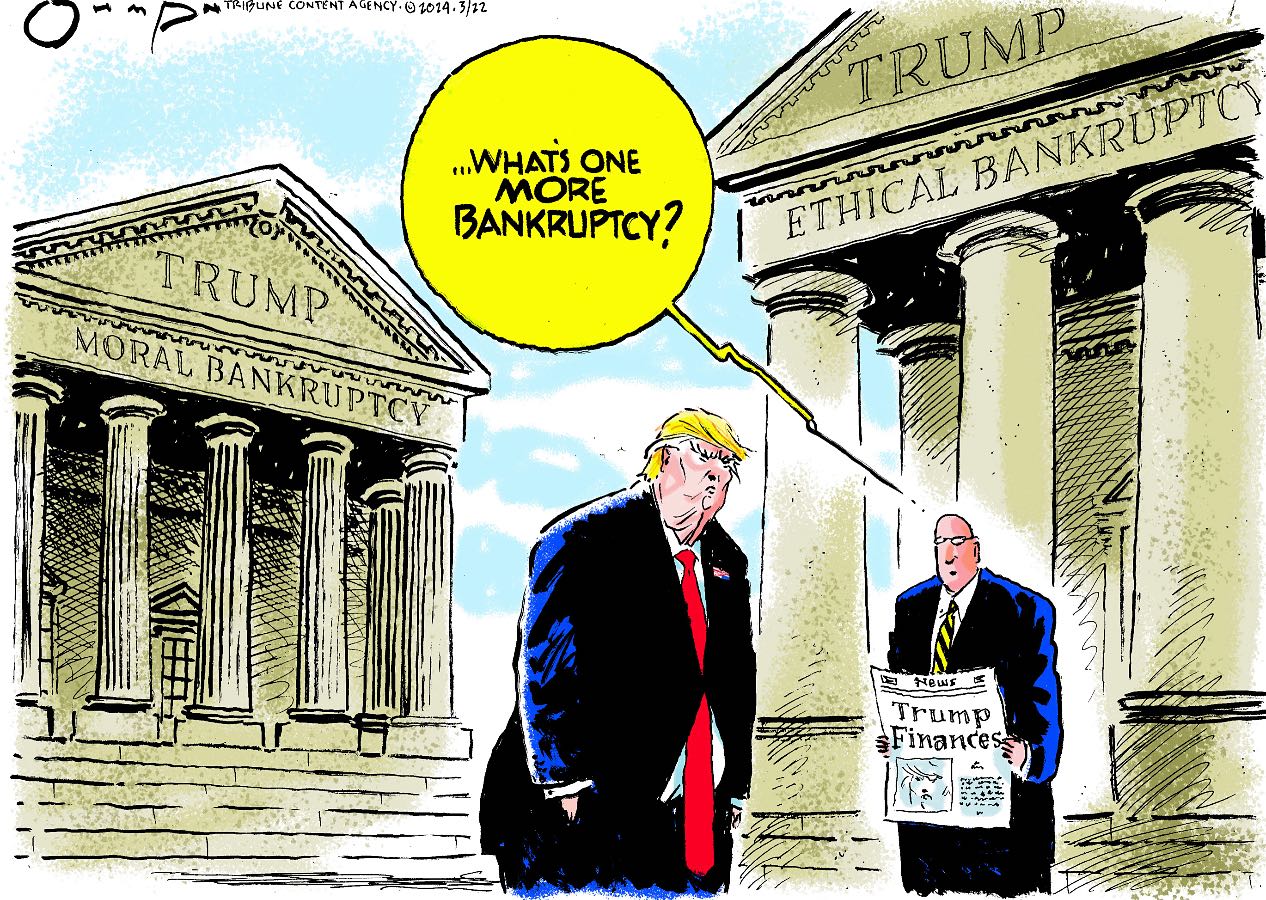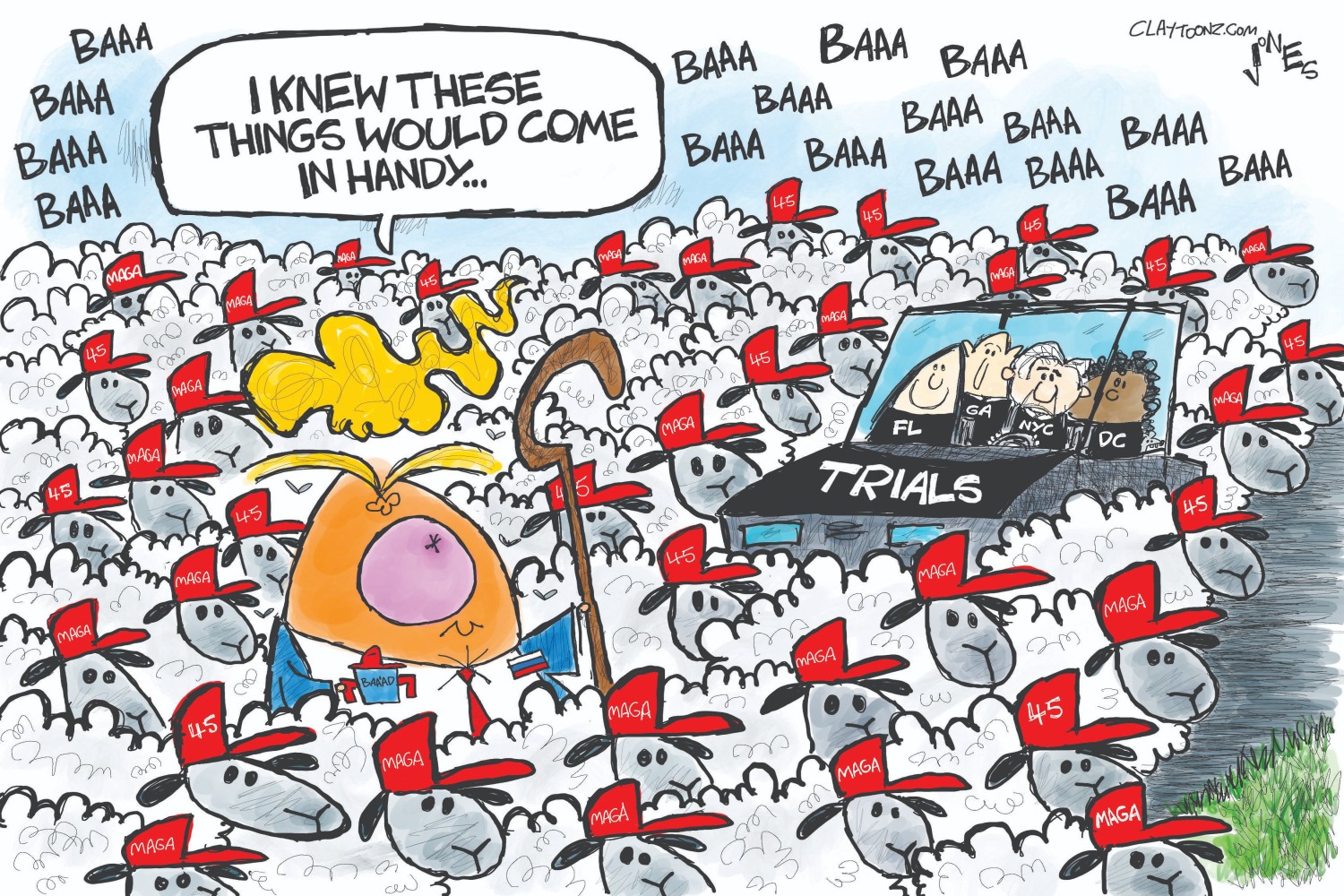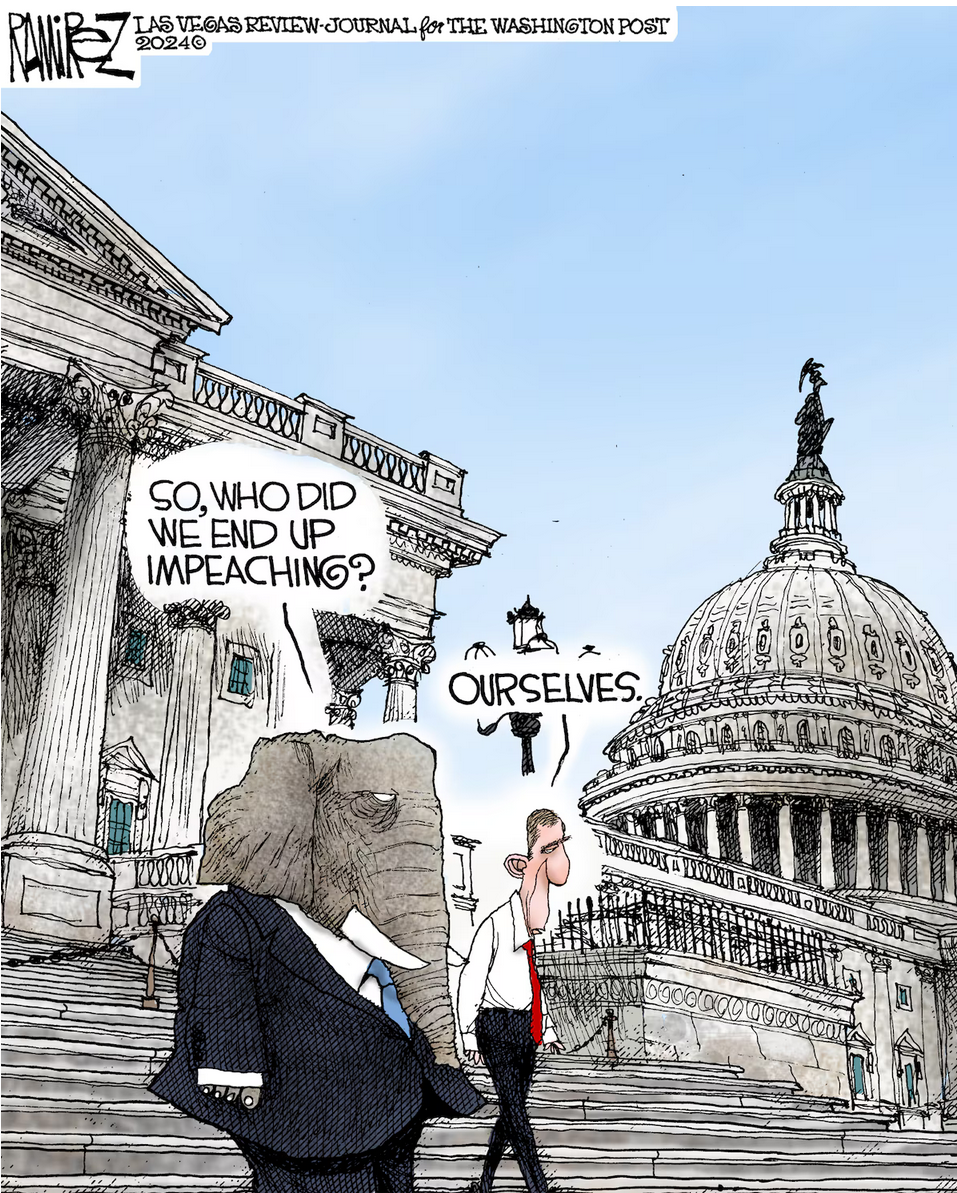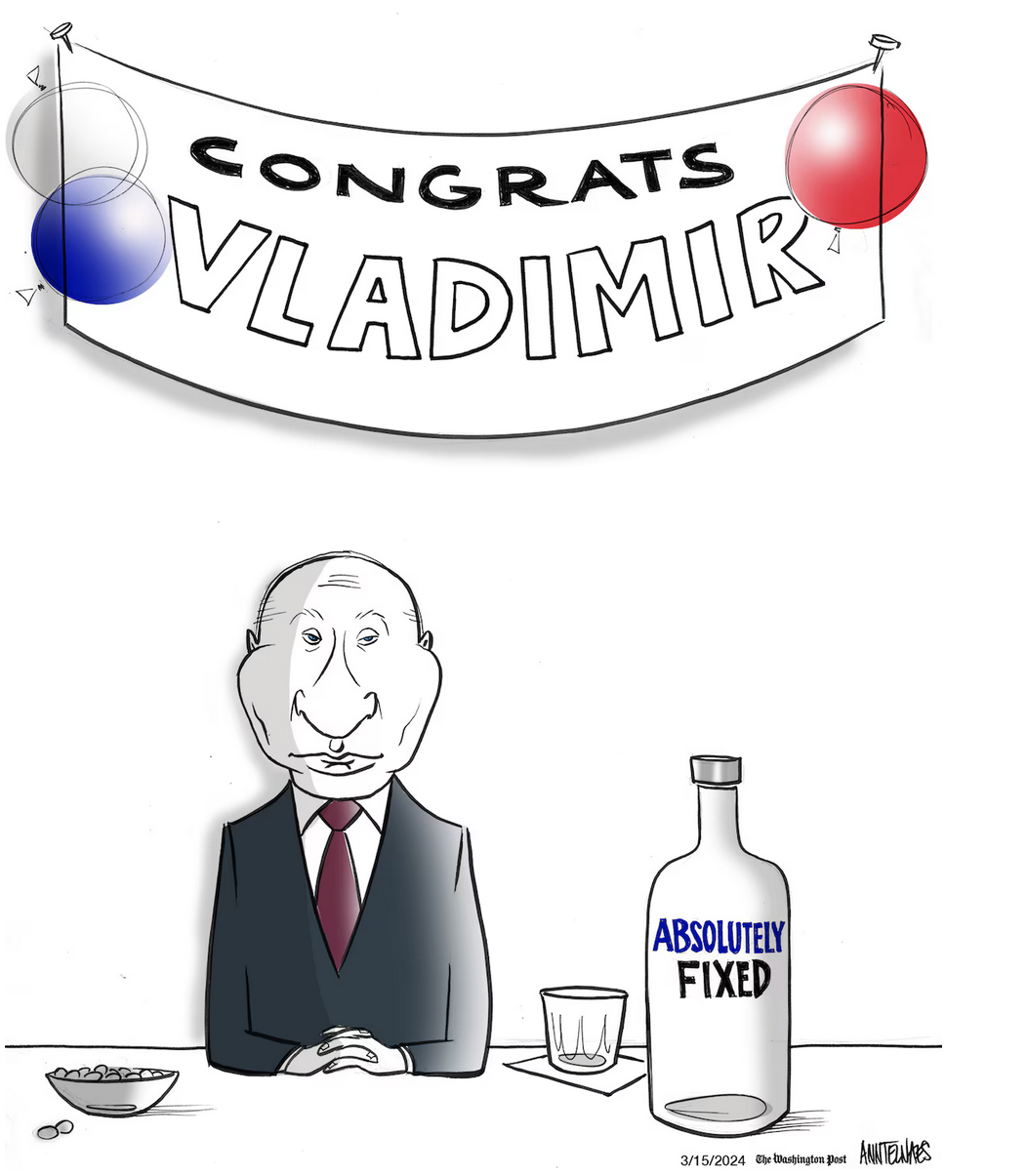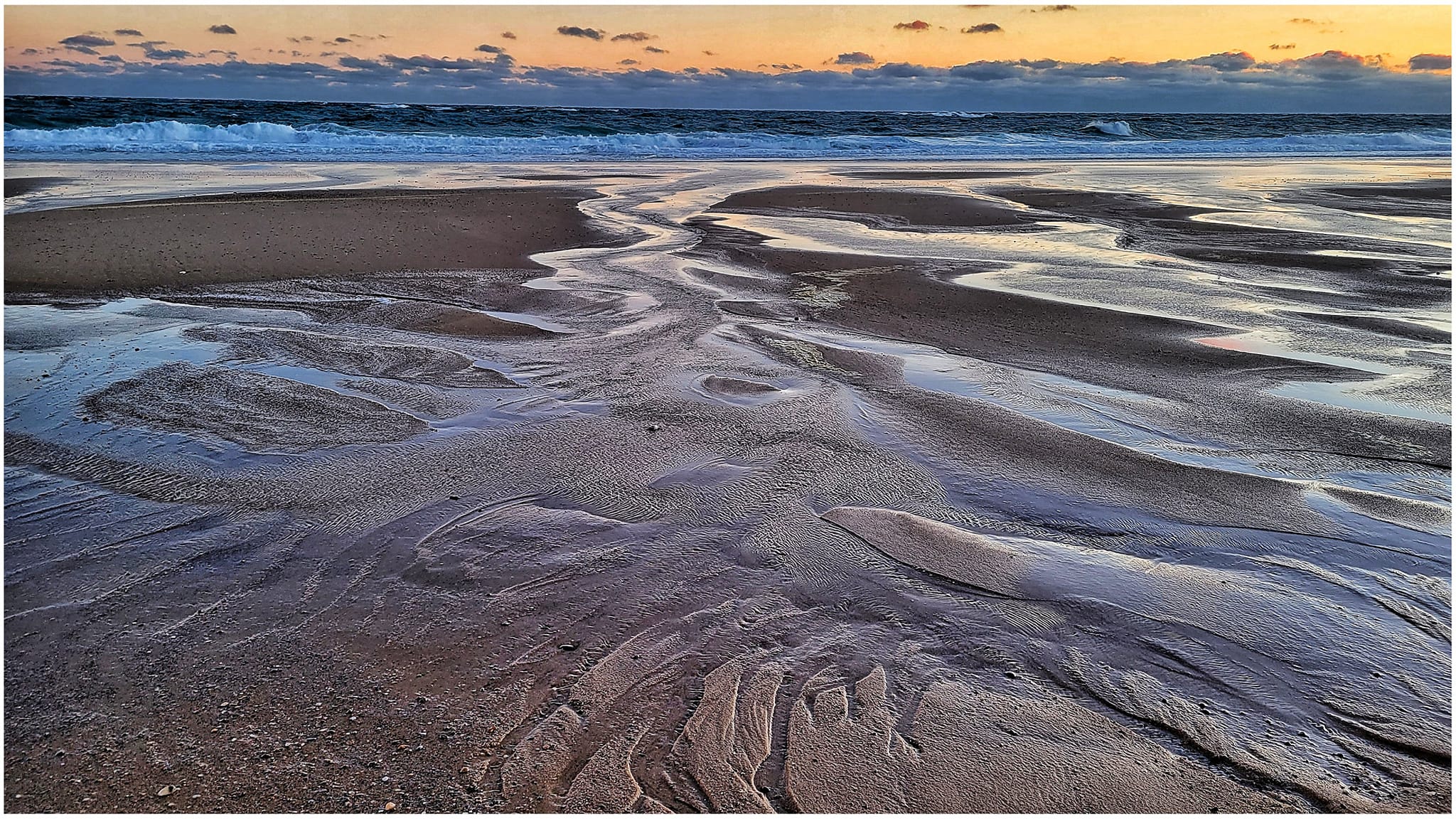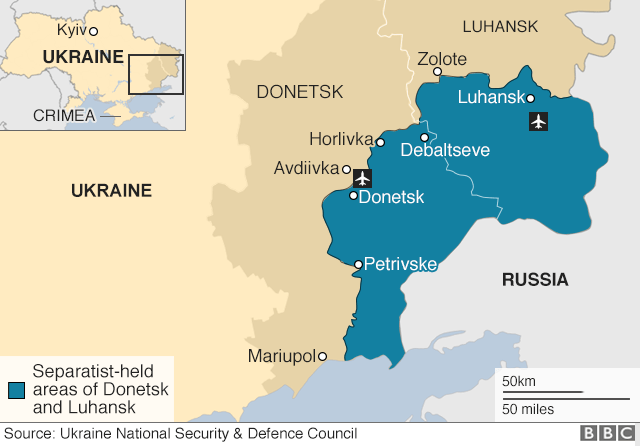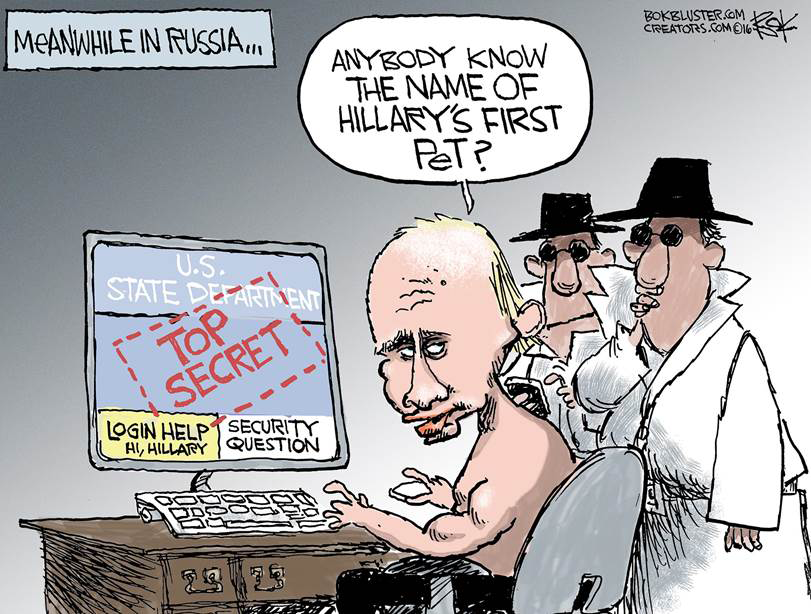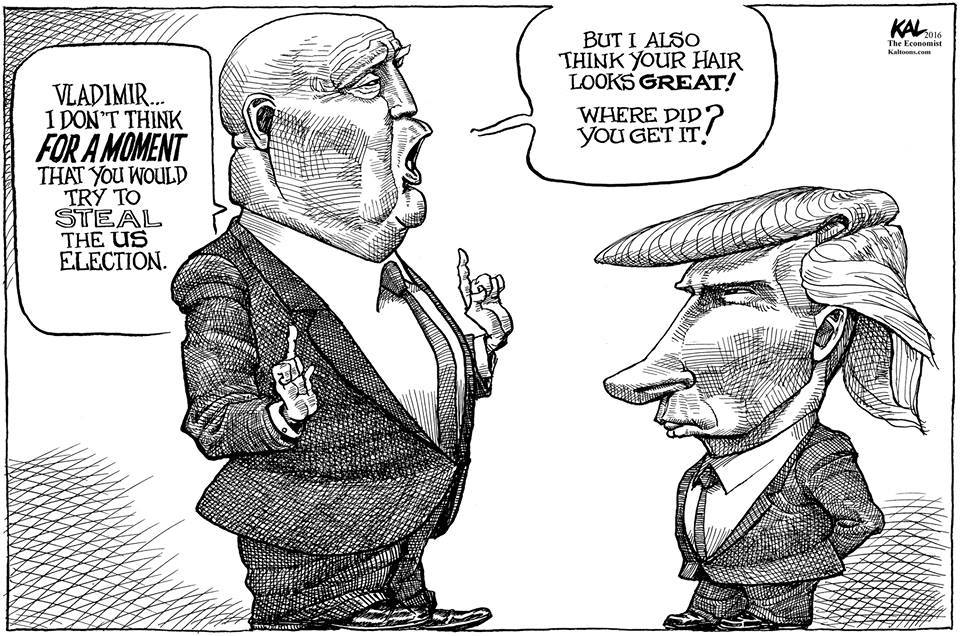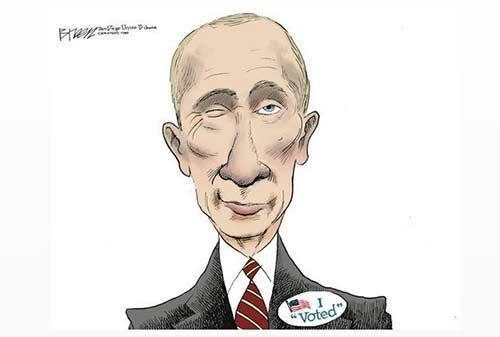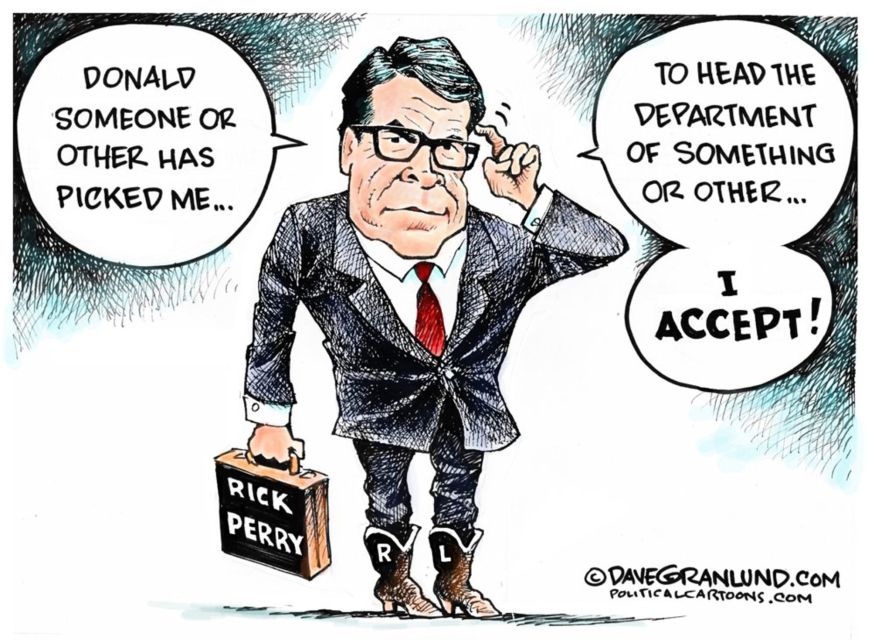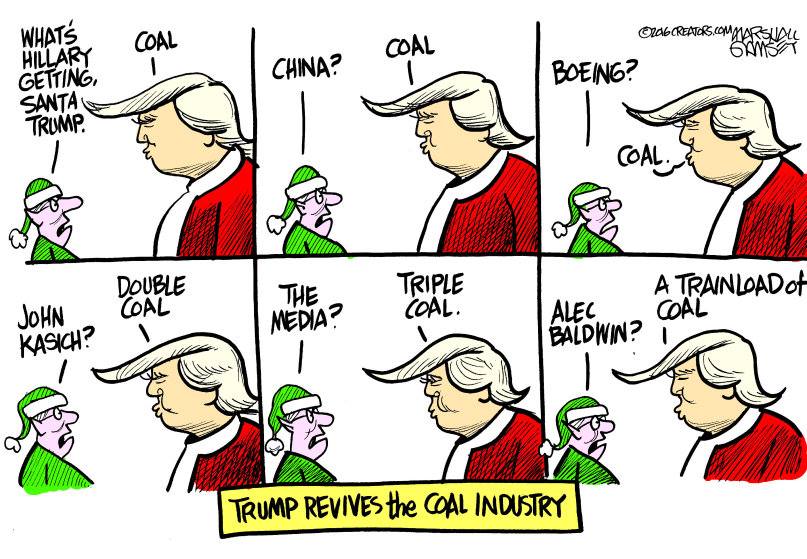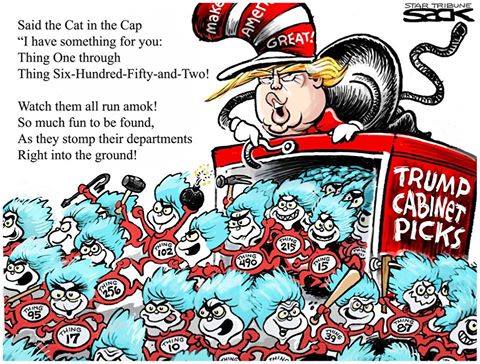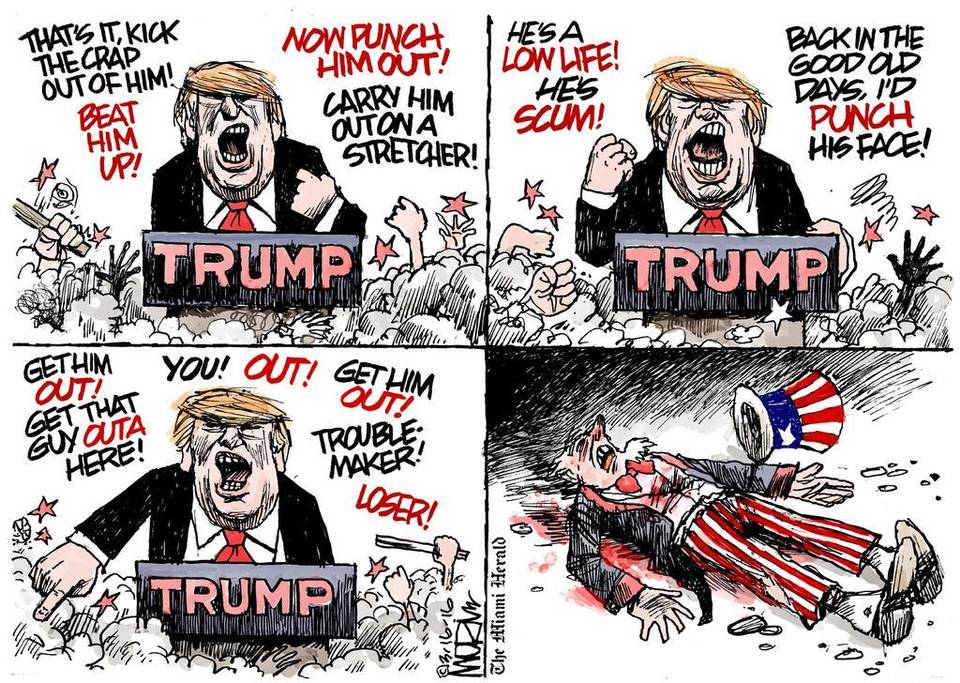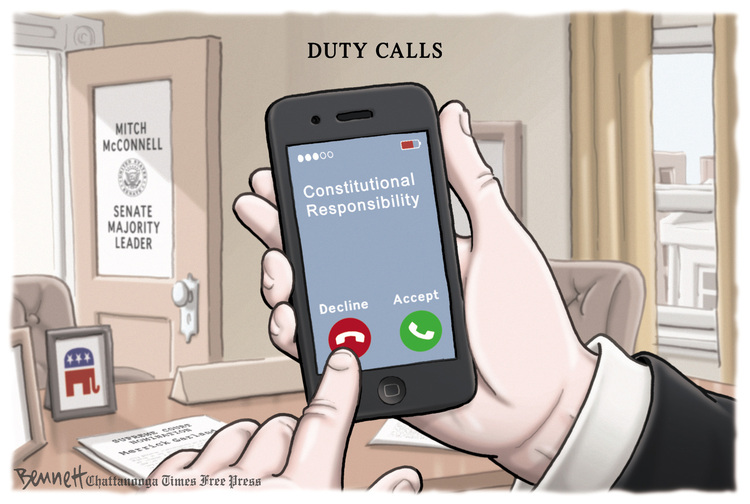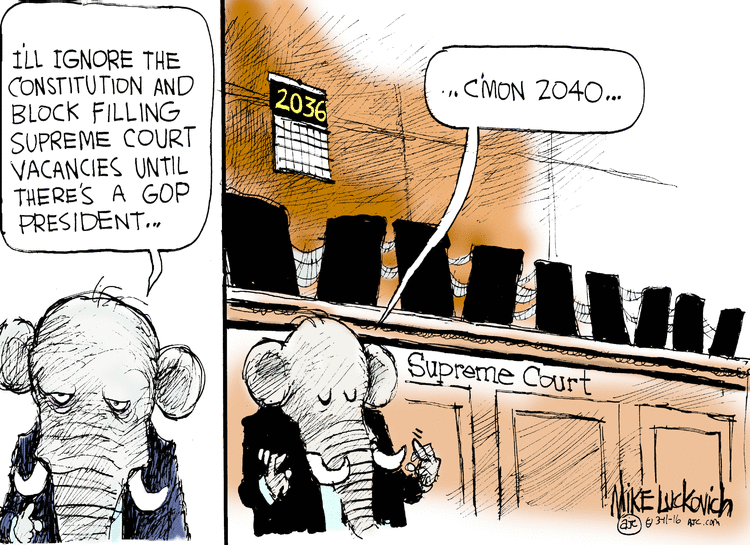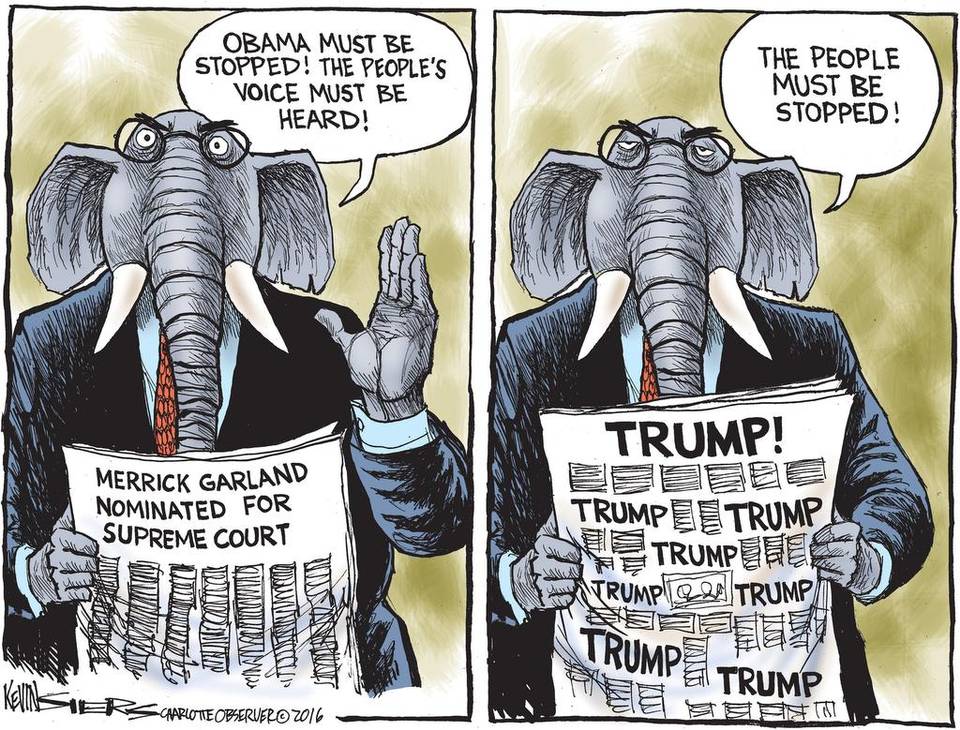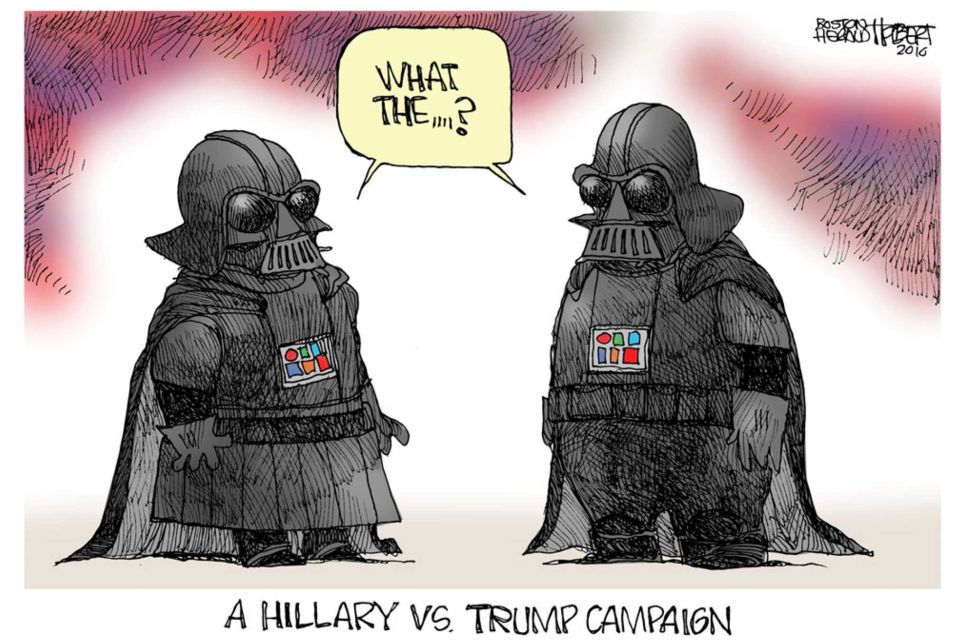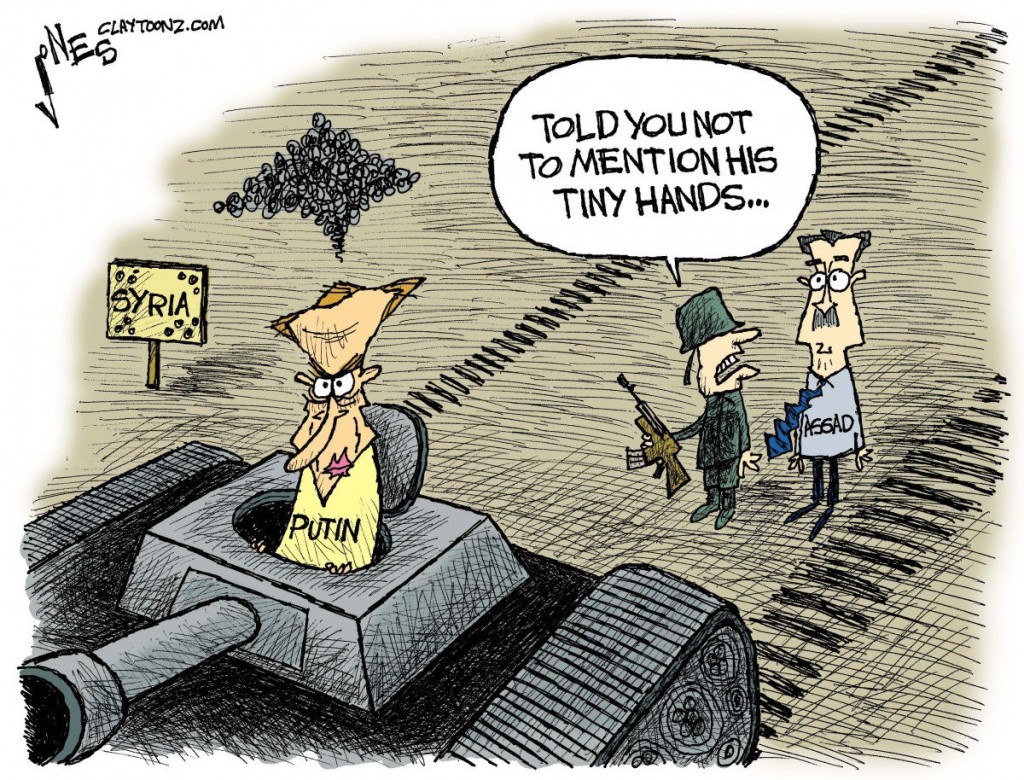The Daily Escape:
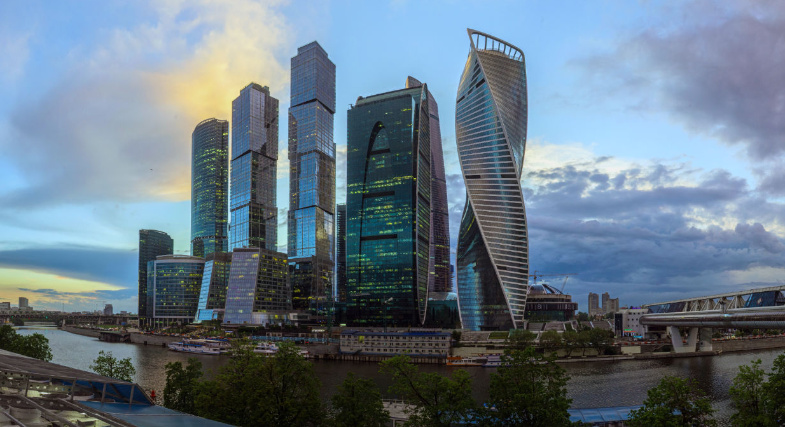
Moscow’s International Business Center
We have all sorts of prejudices about foreign countries, most of which we learn from our media and history texts. An example is our views of Mikhail Gorbachev, who was president of Soviet Union from 1985 – 1991, and Vladimir Putin, the current president of the Russian Federation.
Americans like Gorbachev, and Russians detest him.
We like him because he won the Nobel Peace Prize, and negotiated a nuclear weapons reduction with Ronald Reagan. We remember his policy of Glasnost, or openness, which moved the Russian state toward becoming a freer society, in part by allowing criticism of Stalin, and other Russian leaders.
We also remember Perestroika, Gorbachev’s policy of political and economic reforms meant to kick start the Soviet Union into a market economy.
Russians detest Gorbachev because Perestroika was catastrophic, both economically and socially. Many lost jobs at state-owned companies. Gorbachev closed the heavy industrial firms that had been an engine of Russian economic growth and employed millions, in favor of light manufacturing of consumer goods. But the light industries failed, in part because jobless people couldn’t afford new consumer goods. He closed the collective farms that Stalin had instituted, but the state-owned food stores remained. Without a source, food shortages appeared immediately, and WWII-style rationing returned. There was little product in the state shops, but lots of product in private shops that few could afford.
The budget deficit grew. Foreign debt grew, and the death rate exceeded the birth rate, a grim statistic that only recently has returned to equilibrium. Nearly 700,000 children were abandoned by their parents who couldn’t afford to take care of them. The average lifespan of men dropped to 59 years.
The terrible economy nearly broke the back of Russian society. It didn’t help that oil prices fell from about $60/bbl. when Gorbachev took office, to about $30/bbl. when he was succeeded by Yeltsin in 1991. At the time, oil accounted for about 65% of exports.
Fast forward to today: Americans hate Vladimir Putin, while Russians love Putin.
Americans hate Putin because he annexed Crimea in 2014. The US and Europe responded with economic sanctions. And many believe that Russia hacked the US presidential election in 2016, gifting the presidency to Donald Trump.
So, Americans have reasons to dislike Putin.
People in Russia love Putin. He was just reelected with more than 70% of the vote. The primary reason is a steadily improving economy. Russian GDP has averaged 3.01% from 1996 until 2018, but it took until 2008 for GDP to return to its pre-Gorbachev levels.
Putin increased tax revenues by implementing a 13% flat tax, a value-added tax on purchases, and a 6% corporate tax on gross revenues. Real estate taxes on the average person’s apartment are negligible.
Today, Moscow looks like any major western European city. There are high rise apartment buildings everywhere, the population is 15 million, and there are 5 million cars. Again, a key success factor in Putin’s economic record was rising oil prices. When Putin took over, oil was $25/bbl. Today, the price for Russian oil is about $82/bbl. Here is the famous GUM department store decorated for fall:
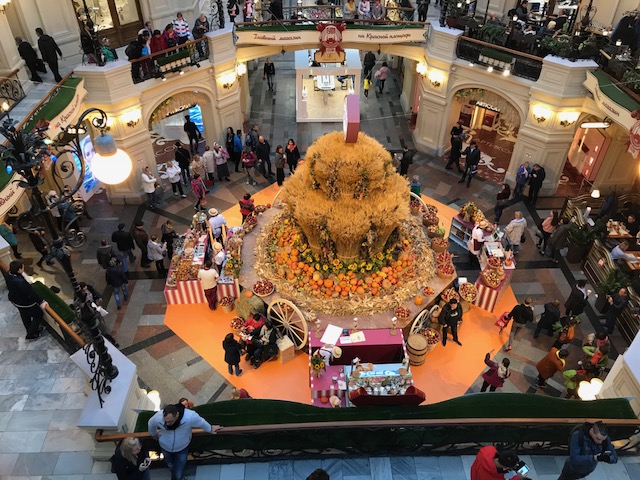 2018 iPhone photo by Wrongo
2018 iPhone photo by Wrongo
Americans believe that Putin’s annexing of Crimea was illegal. But the Russians draw a distinction between what’s legal, and what’s justified. It may have been illegal to annex Crimea, but Russians think that when Khrushchev gave Crimea to Ukraine in 1954, he shouldn’t have. And nobody asked the people of Crimea.
So, when Russia annexed Crimea, Russians saw it as a justified return of lands that were rightly theirs. When the people of Crimea soon overwhelmingly voted to approve returning to Russia, it gave a veneer of legality to a perceived act of justice.
Americans also differentiate between what’s legal and what’s just, as the Brett Kavanaugh appointment shows. Those who support Dr. Ford feel deeply that justice must be done in order to right a wrong that had occurred years ago.
Those who support Kavanaugh say that there is no evidence that supports her claim of attempted rape, so he should be appointed. They’ve always been strict constructionists of the law.
The age-old conflict between people who narrowly read what is legal, and those who broadly interpret what justice requires, again divides us.
But actions have consequences, regardless of which side you are on. No one knows what the political outcome of this emotional moment in American life will be. Deep fissures have been opened, and they may take a long time to heal.
Are we at a tipping point? Everyone thinks one is coming, but no one knows which way we’ll tip.
The Senate is showing that they believe half of Americans are second-class citizens.
It’s likely that those second-class citizens think justice matters.
And it’s likely that they won’t forget.


